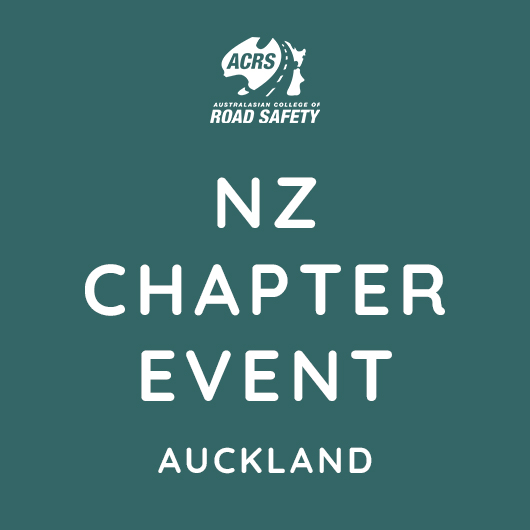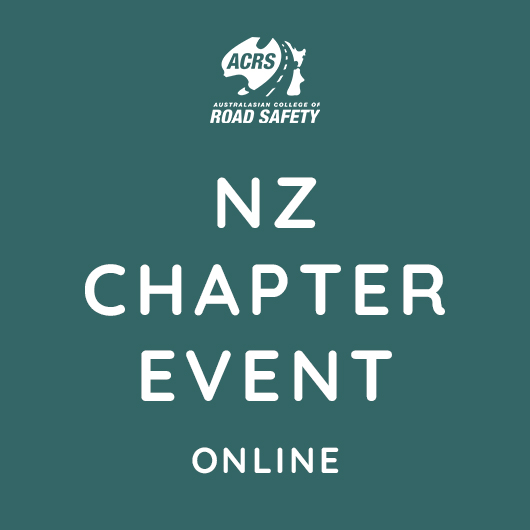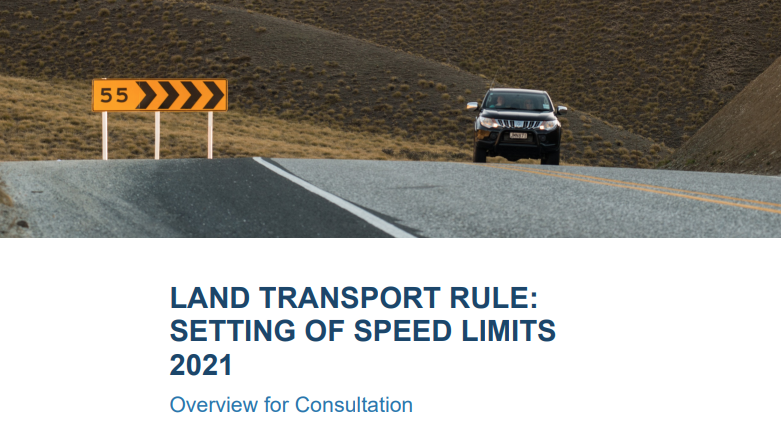You can watch the recording of this presentation here.
This event will be held both in person in Auckland and online via Zoom. Please register on Eventbrite for in person attendance, and on Zoom for online only.
Please note that catering will be provided for those attending in person, and that space is limited so it is essential to register before attending.
Presenter: Alistair Woodward
Overview: For good historical reasons, road safety has developed as a discipline with a tight focus on motor vehicles and injury prevention, drawing largely on disciplines such as engineering and psychology, with a close fit to applications in policing, vehicle design and road improvements. This work has been successful in many respects, and there have been substantial reductions in deaths and serious injuries. But there are opportunities to multiply gains, I suggest, by adopting elements of a public health approach to road safety. This has two aspects. First, a shift from ‘safety’ to ‘health and safety’, following the well-described path of occupational health and safety, which, in its early days, was concerned more or less solely with injury prevention. Like the workplace, road transport has many effects on health apart from injury: examples include ‘car pollution’, foregone physical activity, social severance, mental ill-health and traffic noise. Second, experience in public health illustrates the power of upstream interventions and the value of systems thinking. There are no doubt applications to road safety. Examples include adopting traffic reduction as a primary goal, making changes not only at the level of neighbourhoods but also networks, and recognising the importance of commercial determinants of consumption and risk.
Bio: Alistair Woodward is a public health doctor and epidemiologist, presently a Professor in the School of Population Health at the University of Auckland. His first job after completing a Masters of Public Health was at the Road Accident Research Unit at the University of Adelaide. Since then he has worked in universities around the world on environmental health issues, including air pollution, climate change and radiation risks. Presently he is involved in studies of climate impacts in China and the Pacific, the effects of changing streets in South Auckland, and the future of the bicycle.


